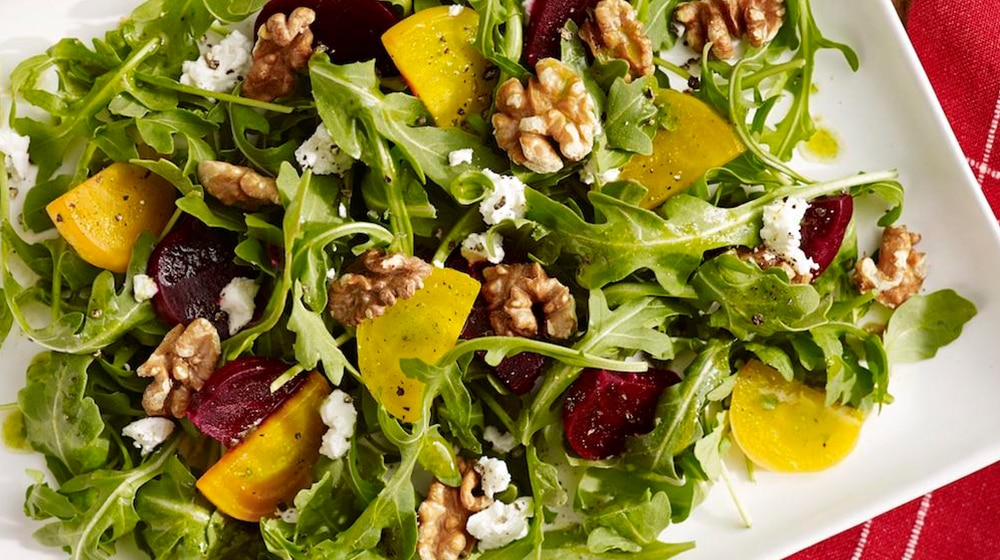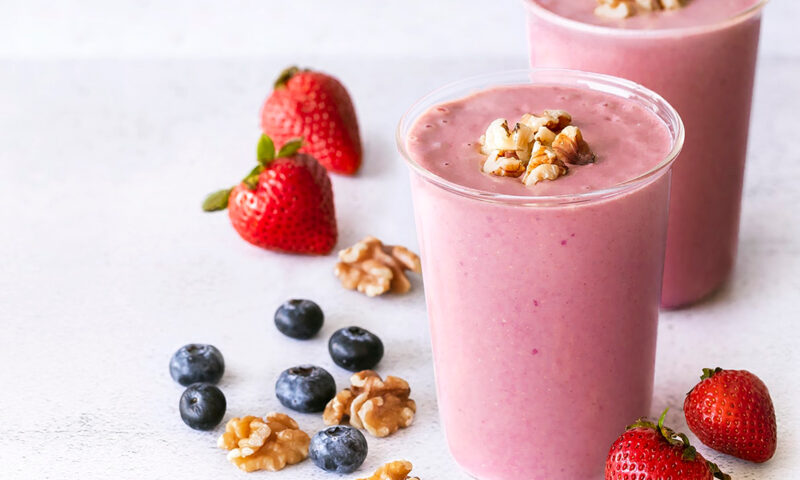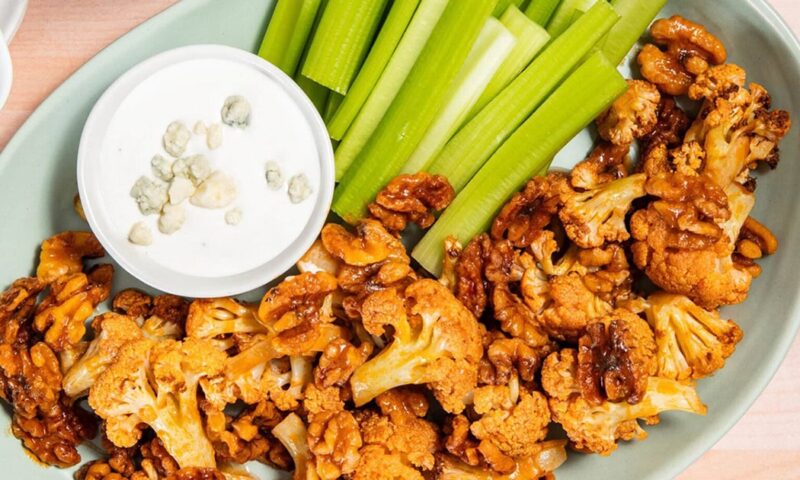Whether you are 21 or 71 years old, it’s important to actively work towards maintaining your brain health. Keeping your brain in tip-top shape can not only lead to a more fulfilling life, but may also prevent degeneration due to aging. Although there are a variety of daily activities you can do to keep your brain fit, it’s also important to incorporate foods, like walnuts, for the benefits they may provide. Here are just a few simple ways to help keep your mind sharp!

Daily Brain Workout
It’s important to exercise your brain daily because without it, your brain can atrophy, just like your muscles. Here are a few ways to do so:
- Problem-solve. If you’re faced with a mathematical problem, see if you can solve it without using a calculator. Instead of reaching for your phone to calculate the tip you want to leave at a restaurant, challenge yourself to figure it out in your head or on paper.
- Read. When you read, whether it is a magazine, book or the back of a cereal box, you are making your brain work and stimulating activity. Reading promotes learning, which is a great way to keep your mind working. If you have a long commute to work on public transportation, bring a book. If you’re driving, find an interesting educational podcast to listen to.
- Do crosswords. If you still read the daily newspaper, take a few minutes to work through the crossword puzzles. If you don’t read the newspaper, you can find a lot of free crossword puzzles online or through mobile apps. Pro tip: Sunday papers usually have the most difficult puzzles of the week.
- Study a new language. If you took a foreign language class in high school, now’s a good time to brush up on your skills. Or if you’ve always wanted to learn a language, try watching movies in that native tongue. Eventually some key words and phrases will catch on and help you towards your journey of becoming fluent. Wow your friends and family when you bust out those new language skills on your next international vacation!
- Use your other hand. Everyone has a dominant hand they use for writing, opening doors, etc. Switch it up a little and stimulate your brain by using your less dominant hand for basic tasks, like brushing your teeth.

Brain Food
Another way to protect your brain health and promote healthy aging is by eating some good ol’ brain food. Evidence suggests that eating a diet containing a variety of vegetables, fruits, nuts, beans, and seafood during adulthood is associated with lower risk of age-related cognitive impairment, dementia, and Alzheimer’s disease.1 Walnuts are one of those foods. According to a study published in The Journal of Nutrition, Health & Aging, eating walnuts was associated with improved performance on cognitive function tests, including those for memory, concentration and information processing speed.2 So if you’re looking for a dose of brain-food cooking inspiration, check out some of our favorite recipes here!
Mental Health is Key
There’s good stress, which is key to survival, and then there’s acute or chronic stress that can wreak havoc on your body and mind. Stress management is essential in maintaining cognitive health, lowering your risk for depression, and increasing brain power. Here are a couple of ways to keep your stress levels to a minimum:
- Assess your Emotions. Suppressing or ignoring stress can backfire. Always assess your emotions and try to recognize when you need to decompress. Achieving and maintaining that mental balance is self-care at its finest.
- Meditate. Meditation is a great way to relieve yourself from stress and gain more focus. Finding a few minutes a day to meditate can help declutter your brain and reset your mood. One way to fit meditation into your day is by doing some simple yoga in bed in the mornings.
- Choose the Right Foods. Consuming certain foods and healthy diet patterns has been associated with aspects of mental health. In fact, one study suggests that walnuts may play a role in reducing symptoms of depression.2
It’s important to note that these study findings, to date, are an association – not proof of cause and effect – and more research will help us understand this potential connection and how it relates to broader populations. Also, depression and other health conditions can change one’s typical eating behaviors and lifestyle habits, and this could have impacted the data.
With that said, taking these tips into consideration may be a great way to keep your brain at the top of its game. A healthy brain is key when it comes to aging, and taking small steps now can have a big impact in the future. So pick up that Sudoku puzzle and start solving your way to a sharper mind!
1 2015 Dietary Guidelines Advisory Committee: Systematic Reviews of the Dietary Patterns, Foods and Nutrients, and Health Outcomes Subcommittee
2 Arab L, Ang A. A cross sectional study of the association between walnut consumption and cognitive function among adult us populations represented in NHANES. J Nutr Health Aging. 2015;19(3):284-90.


